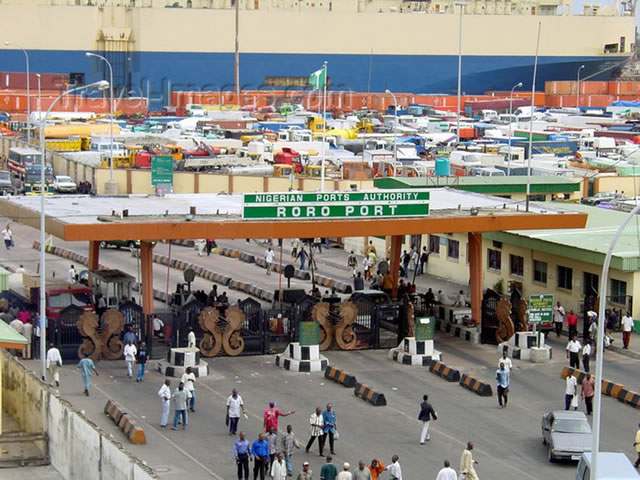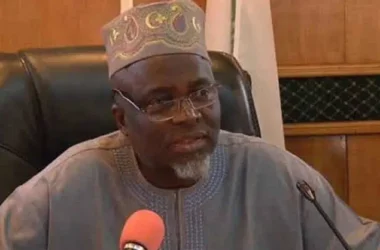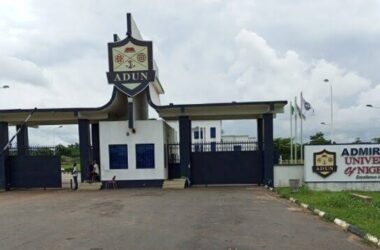The United States government has faulted Nigeria for delays in granting import permits for American agricultural products, pointing to it as a persistent hurdle blocking smoother market access.
In the recently published 2025 National Trade Estimate Report on Foreign Trade Barriers, the Office of the United States Trade Representative (USTR) revealed that, despite years of negotiations, Nigeria has not approved many pending applications from American exporters.
The report noted that slow approvals and poor handling of certifications and inspections have forced some traders to use informal methods to get their goods into the country.
Since 2019, the United States has pushed for Nigeria to allow more US food and agricultural goods, but progress remains sluggish. According to the USTR, Nigeria’s inconsistency in applying health and safety regulations has only added to exporters’ confusion.
“Nigeria is not consistent in the implementation of technical regulations and sanitary and phytosanitary measures, which can create confusion and undermine compliance,” the report said.
The USTR further pointed out that Nigeria’s import system is complicated and expensive. Though the country’s average tariff was 12 percent in 2023, agricultural goods faced a steeper 15.9 percent rate, while non-agricultural goods had an 11.4 percent rate.
In addition to standard duties, the report noted that Nigeria imposes extra fees on many goods, causing total charges on some items to climb beyond 50 percent — with some hitting 70 percent, breaching ECOWAS standards.
The United States also criticised Nigeria’s ongoing bans on 25 categories of imports such as poultry, used cars over 12 years old, fruit juices in retail packs, and certain alcoholic drinks. “The Nigeria Customs Service continues to ban the import of 25 different product categories,” it added.
Issues within Nigeria’s customs system were another major concern. The USTR noted complaints from importers about corruption, manual procedures, and uneven enforcement of rules. “Importers report inconsistent application of customs regulations; lengthy clearance procedures, often due to outdated manual processing systems; and corruption,” the report stated.
Although Nigeria launched a $3.1 billion project in 2020 to modernize customs through automation, delays and legal battles have slowed its progress.
On public procurement, the USTR stated that American companies face obstacles in winning Nigerian government contracts, citing lack of transparency and frequent payment delays. It also noted that Nigerian agencies often disregard procurement rules even though they require a “Certificate of ‘No Objection’ to Contract Award” from the Bureau of Public Procurement.
The report acknowledged Nigeria’s recent intellectual property reforms, including the Copyright Act of 2022, but said enforcement is still lacking. Counterfeit goods like fake pharmaceuticals and car parts remain widespread and dangerous for consumers.
In terms of digital trade, the US government raised concerns about Nigeria’s data localization rules, saying they create uncertainty for businesses. It added that taxes introduced under the 2020 and 2021 Finance Acts on foreign digital services have sparked complaints from US firms.
Restrictions in Nigeria’s reinsurance and advertising markets also came under fire. The report mentioned barriers like bans on foreign participation in oil and gas risk reinsurance and mandatory registration for advertisers with the local regulatory council.
On foreign exchange, the USTR admitted some improvements after Nigeria unified its exchange rates in 2023. However, it stressed that repatriating funds remains slow and difficult for US companies. Out of an estimated $7 billion in forex backlogs, only $4.6 billion had been cleared by March 2024, while $2.4 billion was still pending review.
Nigeria’s ports, especially Apapa in Lagos, were described as among the most expensive globally. “The 30-day average delay to clear a container ship makes Apapa in Lagos among the most expensive ports for shipments from the United States,” it noted.
Despite the creation of the Ministry of Marine and Blue Economy to tackle port inefficiencies, the USTR concluded that widespread barriers to trade and investment persist in Nigeria.










